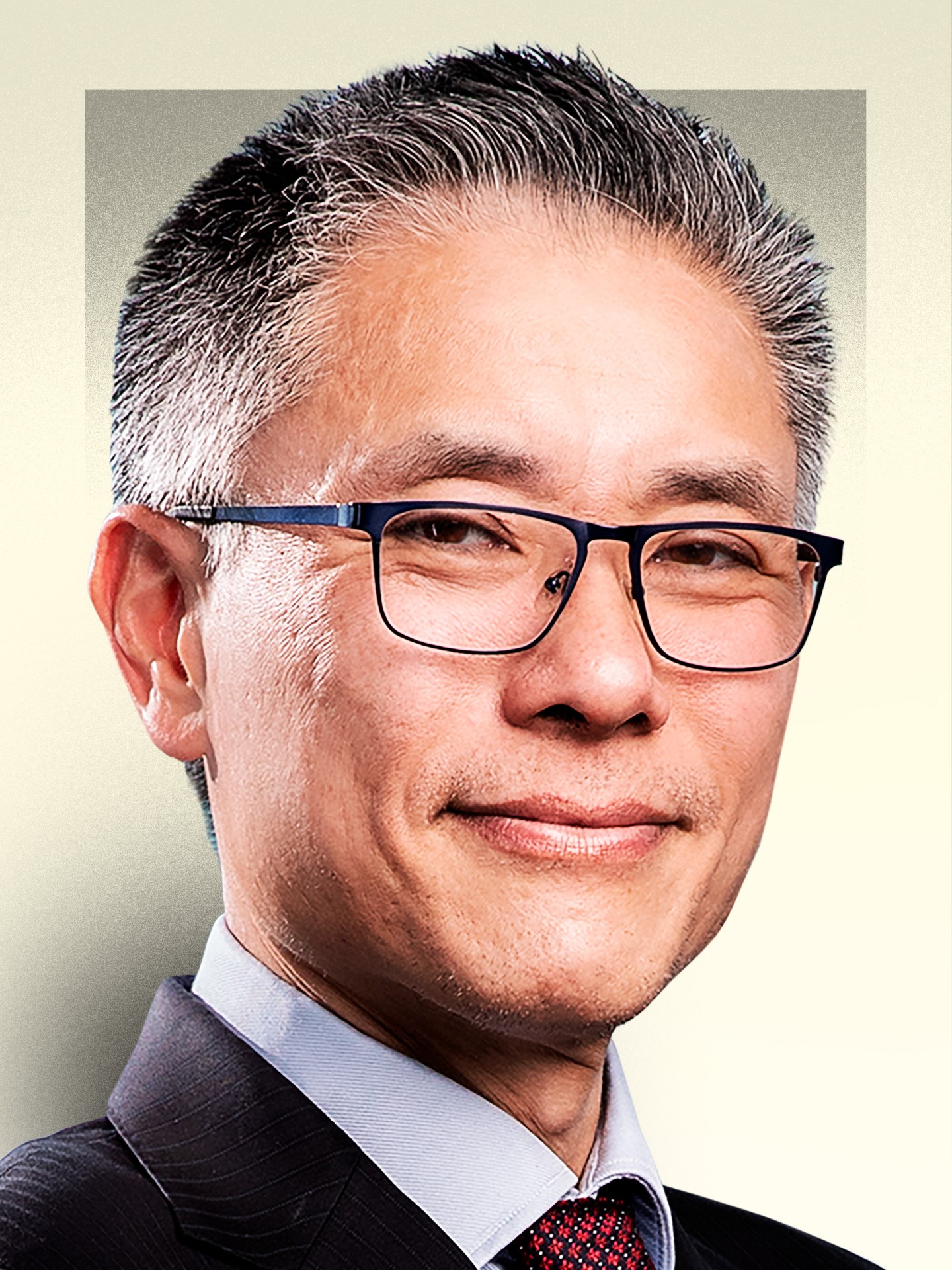- As life expectancy continues to rise globally, Reinsurance Group of America CEO Tony Cheng told Fortune that the growing risk of individuals outliving their savings will eventually force a slow but necessary reckoning across governments, insurers, and consumers. While Cheng remains optimistic that longevity is a net positive for humanity, he warns that bridging the so-called “longevity insurance gap” will require deeper financial literacy and broader structural shifts.
Humanity’s aging population poses many questions for the public and private sector alike, not least how to pay for it.
But the issue also raises questions for companies in the business of society’s wellbeing and lifespans—namely health and life insurance providers. Reinsurance Group of America (RGA) sees this on a wider scale, providing the financial framework for the consumer-facing insurance industry.
Longer lifespans may change the shape and cashflow of the sector down the line, said RGA’s CEO Tony Cheng, but remain positive news for the industry.
He noted that RGA is exposed to multiple facets of older populations, as the business not only reinsures mortality—paying out if someone dies—but also longevity risk, if someone lives for longer than expected.
Those ages are only ticking higher. According to data from research bodies the Peterson Center on Healthcare and KFF, life expectancy in the U.S. has moved significantly upwards—with a drop during the COVID pandemic—over the past 30 years. In 1990, for example, the average American lived to 75 years old. By 2022 that had tracked up to 78, and nearly 79 prior to the COVID outbreak.
The story is even more pronounced among comparable countries to the U.S., for example, the G7 nations. An average life expectancy across these countries in 1990 was 77, rising to 82.5 by 2022.
Improving life spans may lead consumers to feel more confident about their health prospects and hence, less need for insurance. This, in turn, would mean RGA’s clients would see a downturn.
But Cheng said he didn’t see these dominoes falling, telling Fortune in an exclusive interview: “I don’t think people will buy less life insurance because they could think they’re going to live longer—which hopefully they do. People have more immediate needs on life insurance.
“If unfortunately they get hit by a car or something, they’ve got to pay off the mortgage for the family.”
He continued: “On the longevity side what it could unearth—which I believe one day will happen—is the consumer’s stronger awareness that unfortunately people may outlive their savings. And that’s scary.”
This realization will also likely come “quite slowly” and “probably too late”, Cheng added: “If government budgets get more stretched—the amount you can get from the government one would think it’s going to be less over time, hence the need for more private funding.”
“So that realization is an insurance gap, what I would call longevity insurance gap, that we educate on but people [would] rather take a lump sum usually than get paid a pension for the rest of their life. That’s a human trait.”
When will the penny drop?
The reality of individuals outliving their savings—potentially leaning further on the state as a result—isn’t a new concern for business leaders with exposure to the issue.
Blackrock, for example, has been promoting its pension and retirement products in order to help people save more effectively for when they stop earning.
As the CEO of the global investment manager, Larry Fink, said earlier this year: “One of the fundamental problems in America is, retirement’s not that bad of a problem for the top Fortune 500 companies. We are providing enough support to our employees so that they’re getting adequate retirement.
“It’s beyond that, we refuse to talk about how do we get more broadening of our economy with more Americans participating in that. That’s why we have to have a conversation in Washington, this has to be considered a national priority and a national promise to all Americans.”
Indeed, the man worth $1.2 billion, per Forbes, argued last year that younger generations are more “economically anxious” because they fear the system they will be left with. Fink said: “They believe my generation—the baby boomers—have focused on their own financial well-being to the detriment of who comes next. And in the case of retirement, they’re right.”
Cheng believes the realization about the need to financially prepare for retirement will happen “gradually” with impetus from the government, the private sector, and consumers.
“It’s so many parts of the ecosystem that need to work before it’s effective,” Cheng said. “I would say … awareness to retirement, it probably is the more wealthy, so the underserved is probably still relying on the government.”
He continued: “The government has to educate, the consumers actually have to listen and be educated. And then the business is obviously the big engine that gets it going.
“But if the consumer or the distributors are not really educated or wanting it, it’s going to be hard.”













